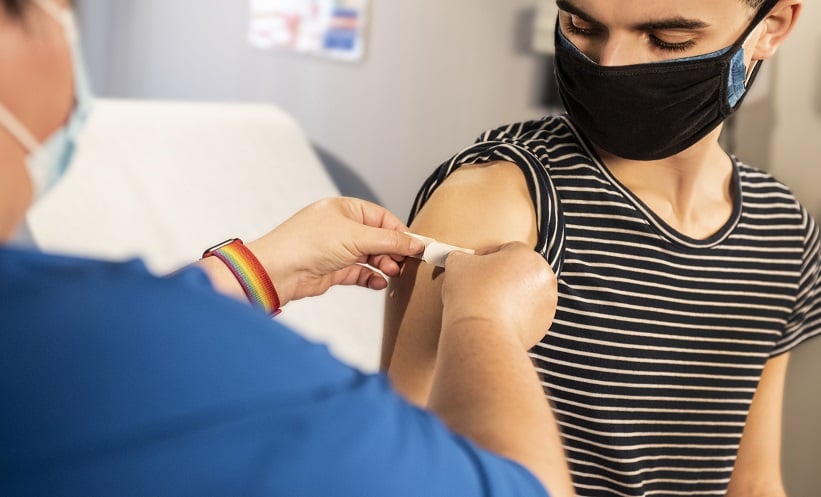ALLERGIC reactions to the mRNA-based COVID-19 vaccines are rare, typically mild, and treatable, new research conducted at the Stanford University School of Medicine, California, USA, has found. The research further suggests that the minimal allergic reactions could be avoided by manufacturers through the reformulation of vaccines.
According to the Federal Vaccine Adverse Reporting System, estimated rates of severe vaccine-related anaphylaxis are 4.7 and 2.5 cases per million for Pfizer and Moderna vaccines, respectively. However, this system tends to overlook mild to moderate allergic reactions that do not illicit hospitalisation.
The Stanford University study analysed the first 38,895 Pfizer and Moderna COVID-19 vaccines given to healthcare workers at Stanford. Researchers searched vaccine recipients’ medical records for reactions linked to the vaccines, identifying 22 recipients with potential allergic reactions.
The study participants underwent skin-prick tests and potential allergens that were tested for included the lipids and sugars, which are used to encase the mRNA within the vaccine, and the entire vaccine. Skin-prick tests search for IgE mediated immunity. Follow-up blood tests demonstrated that the vaccine recipients did not have significant levels of IgE antibodies against the vaccine ingredients.
However, subjects were found to have high levels of IgG antibodies against polyethylene glycol, one of the lipids in the vaccine. Allergic reactions medicated by IgG antibodies tend to be less severe and can be mediated by treatment with antihistamines, fluids, and corticosteroids, meaning those who reacted can safely take their second dose of the vaccine under medical supervision.
“Its nice to know these reactions are manageable,” stated Kari Nadeau, Sean N. Parker Centre for Allergy and Asthma Research, Stanford University School of Medicine, California, USA. “Having an allergic reaction to these new vaccines is uncommon, and if it does happen, there’s a way to manage it.”






